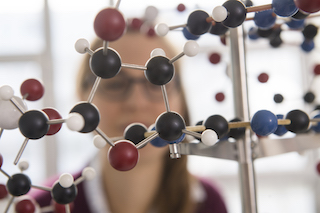Advanced Artificial Intelligence in Biomedicine
| 392232/ 392240 | Schönhuth, Knop | Winter 2024/25 | Thu 12:00-14:00 X-E0-204 (S) and Thu 10:00-12:00 X-E0-204 (Ü) |
![]() The exercises will start subsequent to the presentations, probably in JAN/FEB 2025
The exercises will start subsequent to the presentations, probably in JAN/FEB 2025
Introduction / How to present
How to write reports
Papers
![]() You need to login in order to view the literature.
You need to login in order to view the literature.
Tutorial
| Date | |
| 06.02.2025 | Deadline report submission |
| 06.02.2025, 10AM | Presentation Racha Bekhouche, John Shahla, |
| 13.02.2025 | Presentation |

